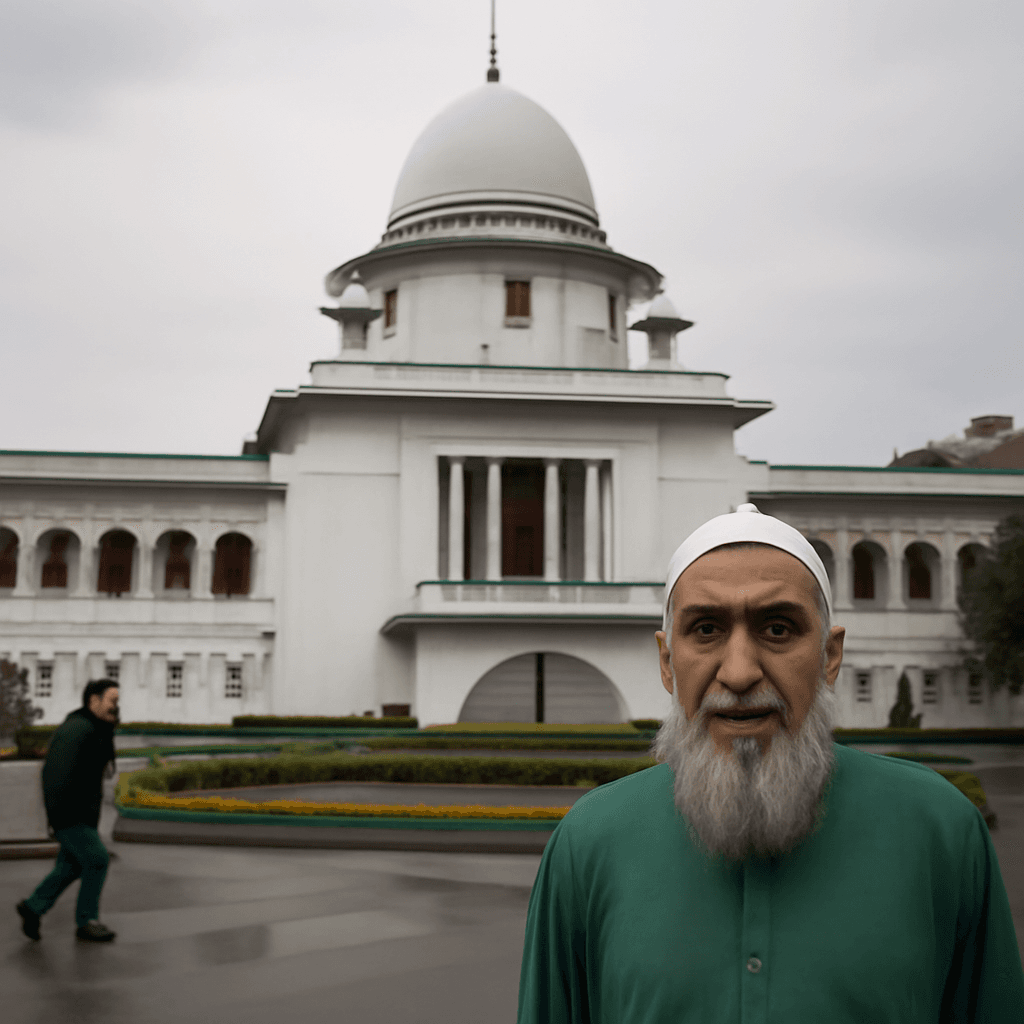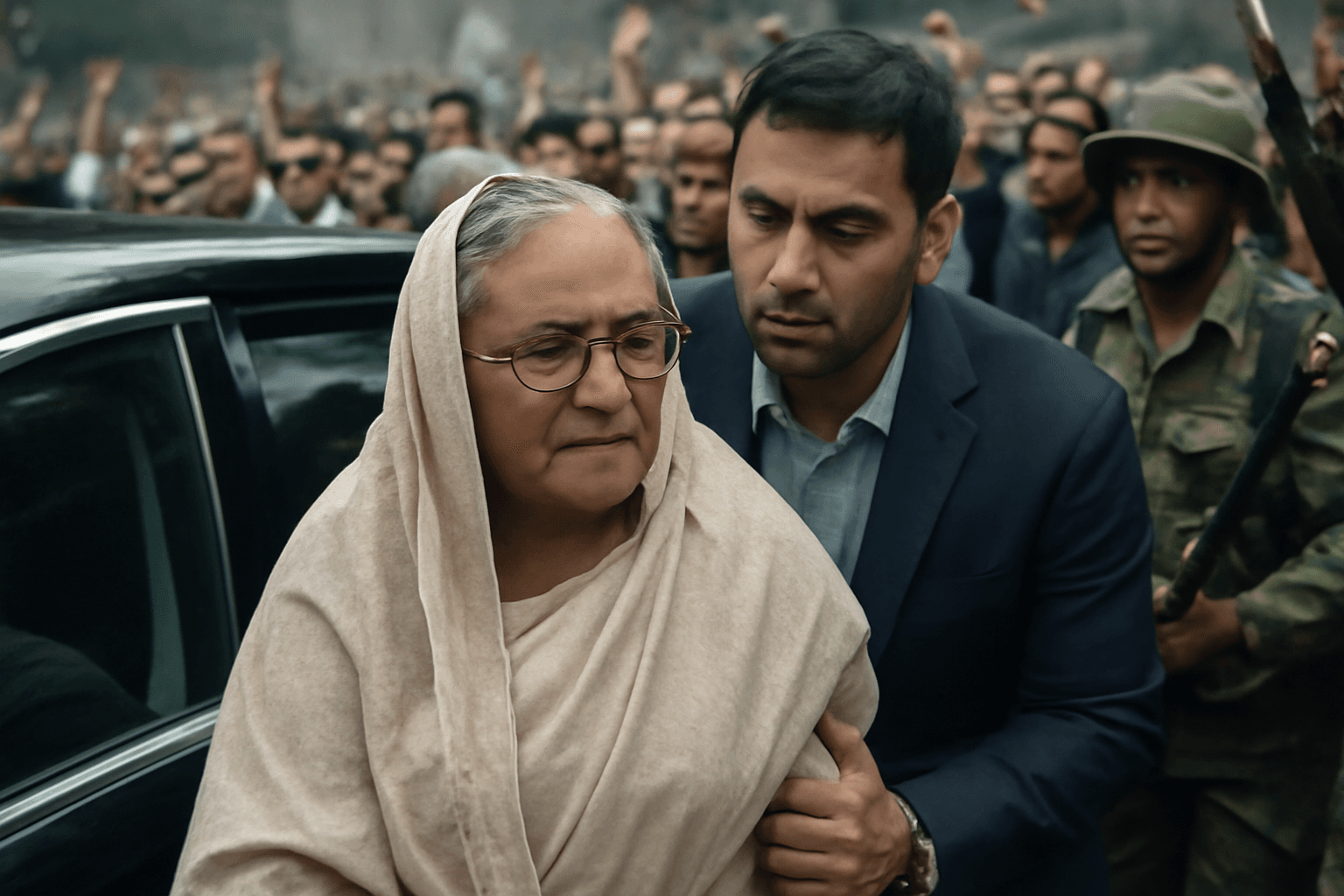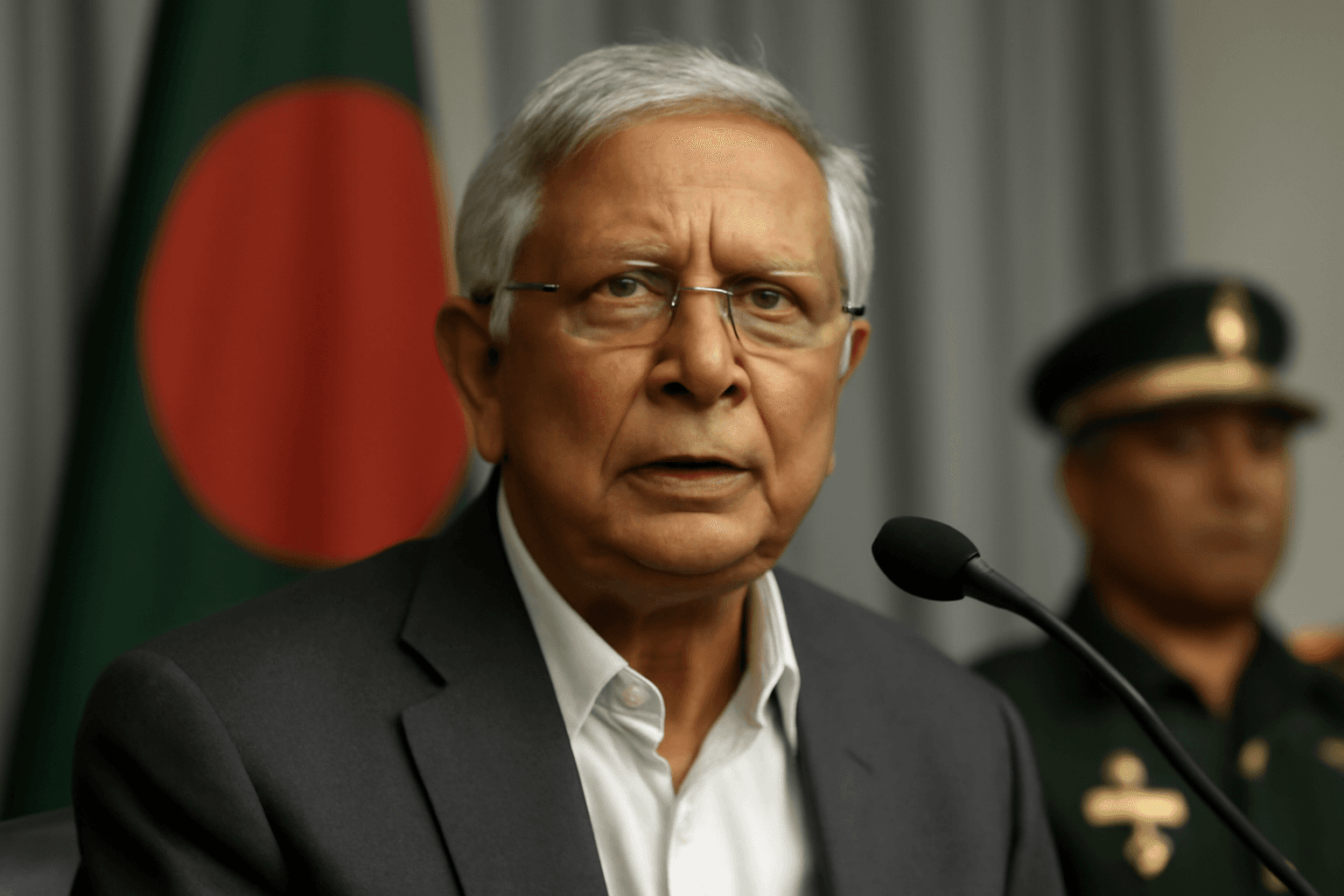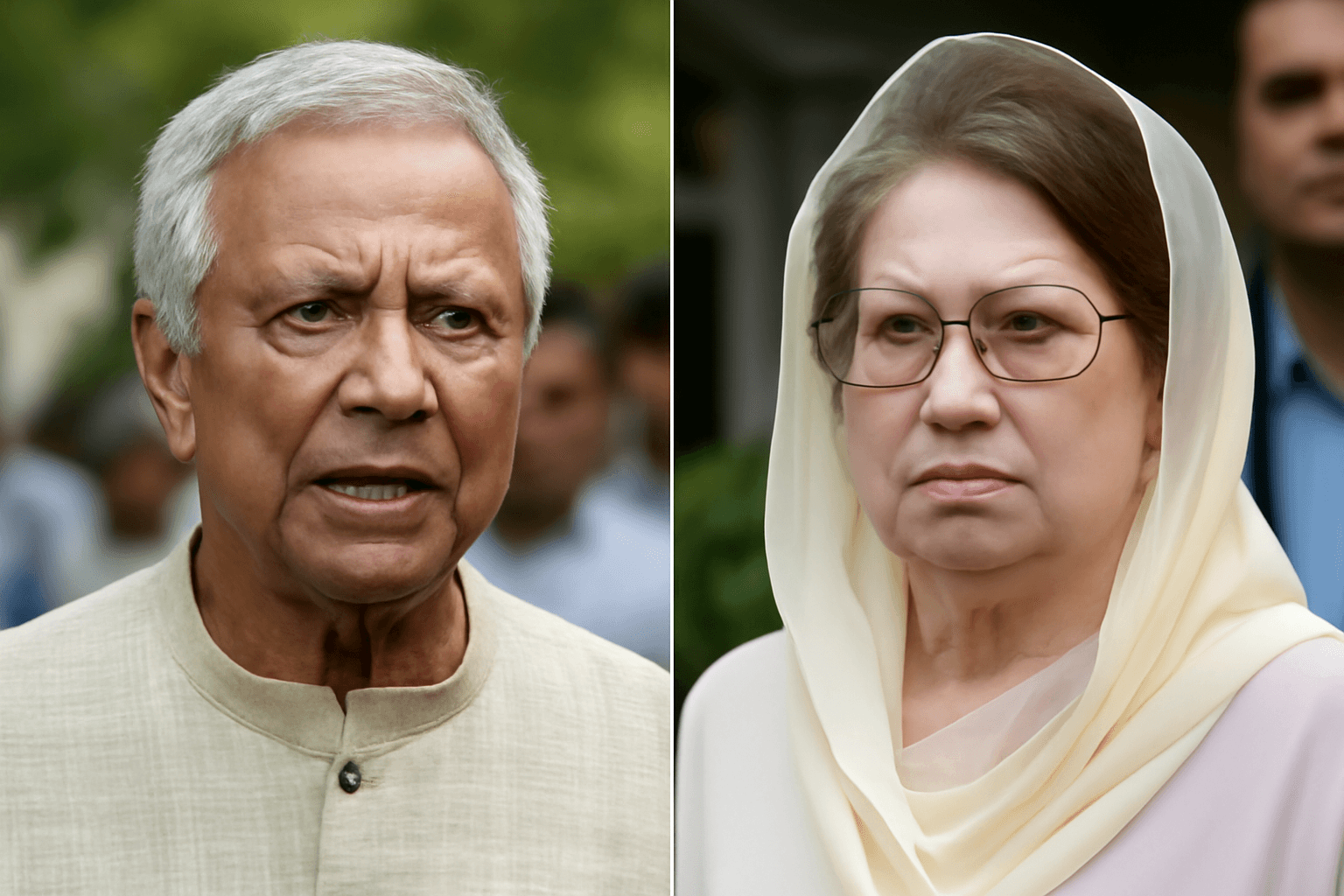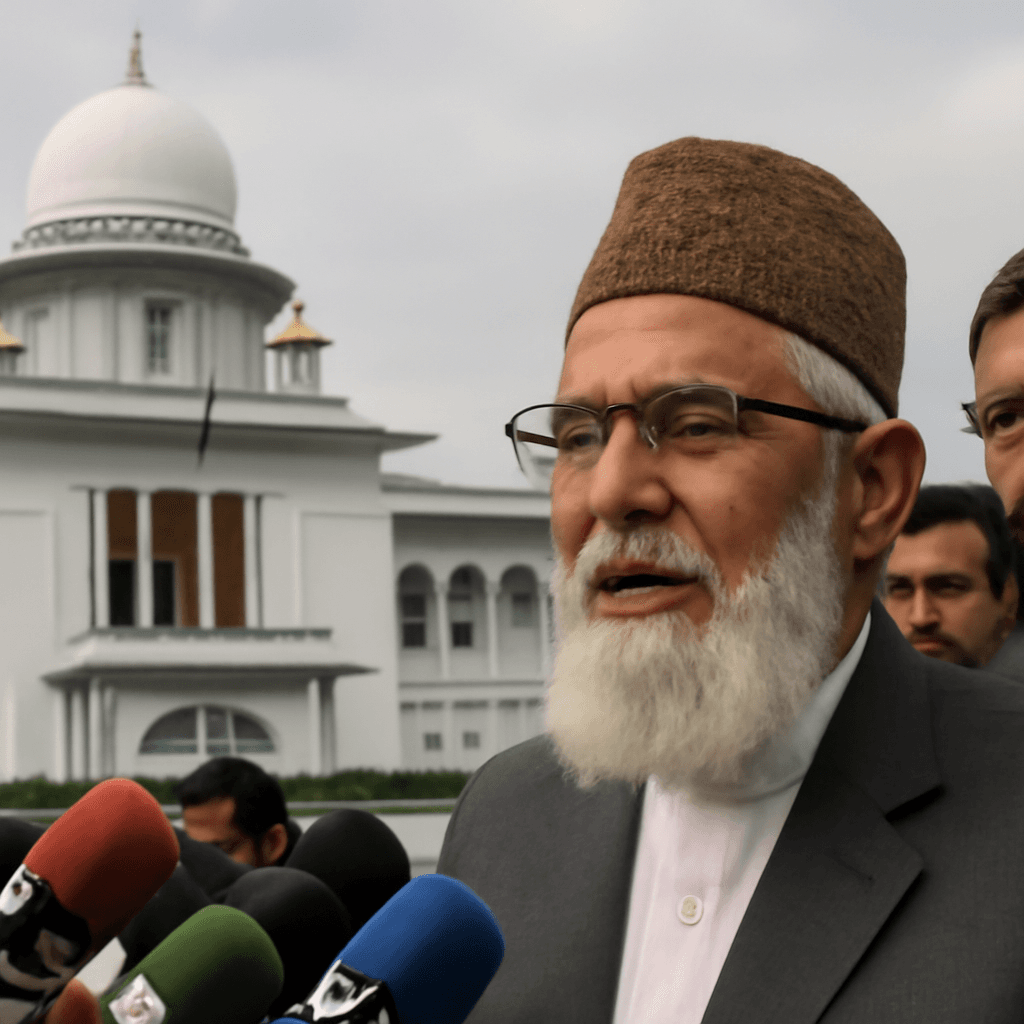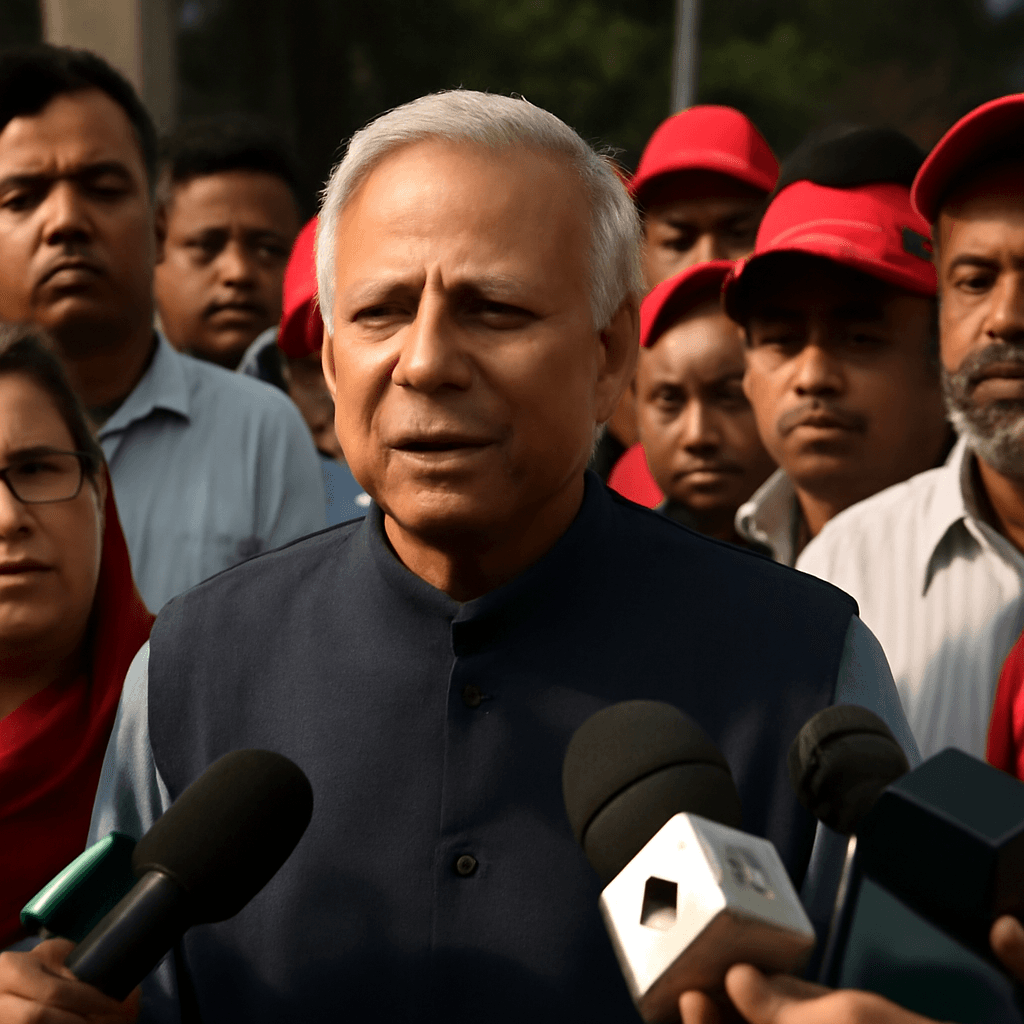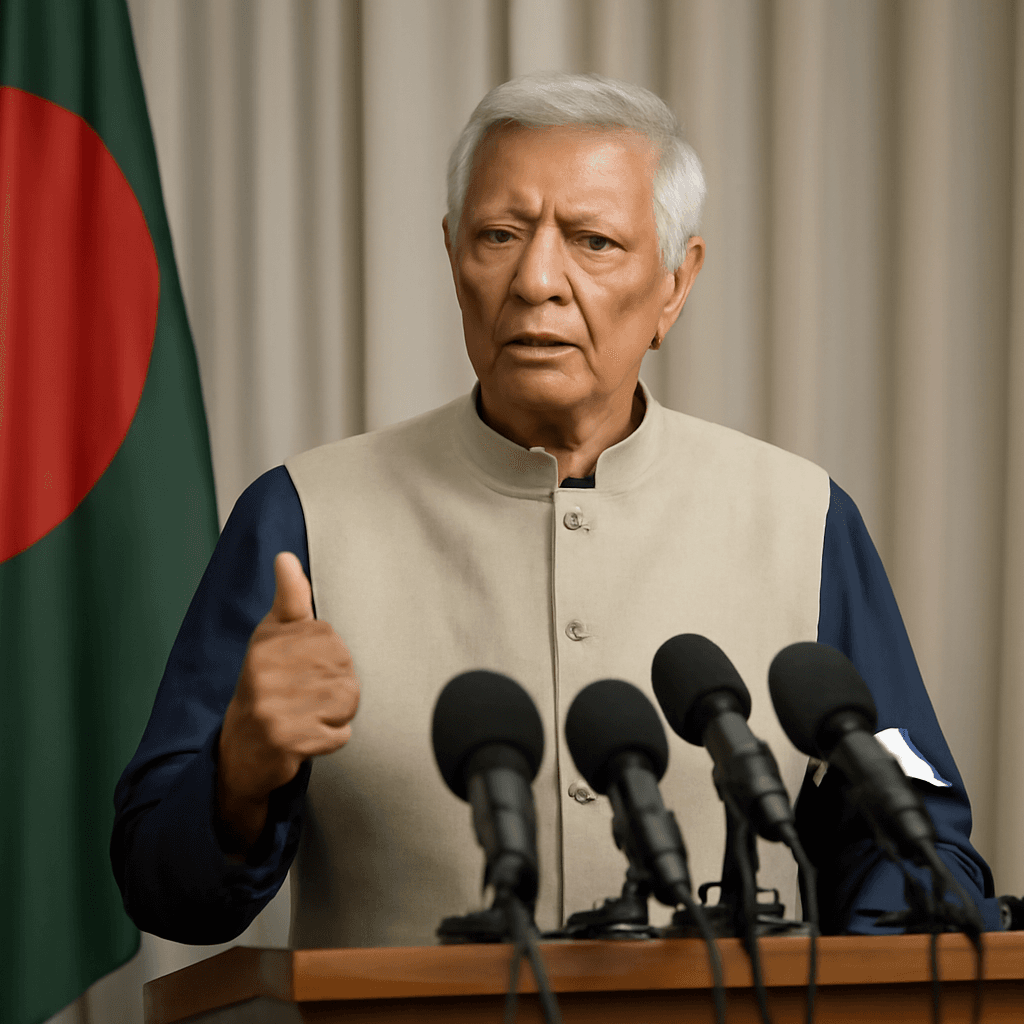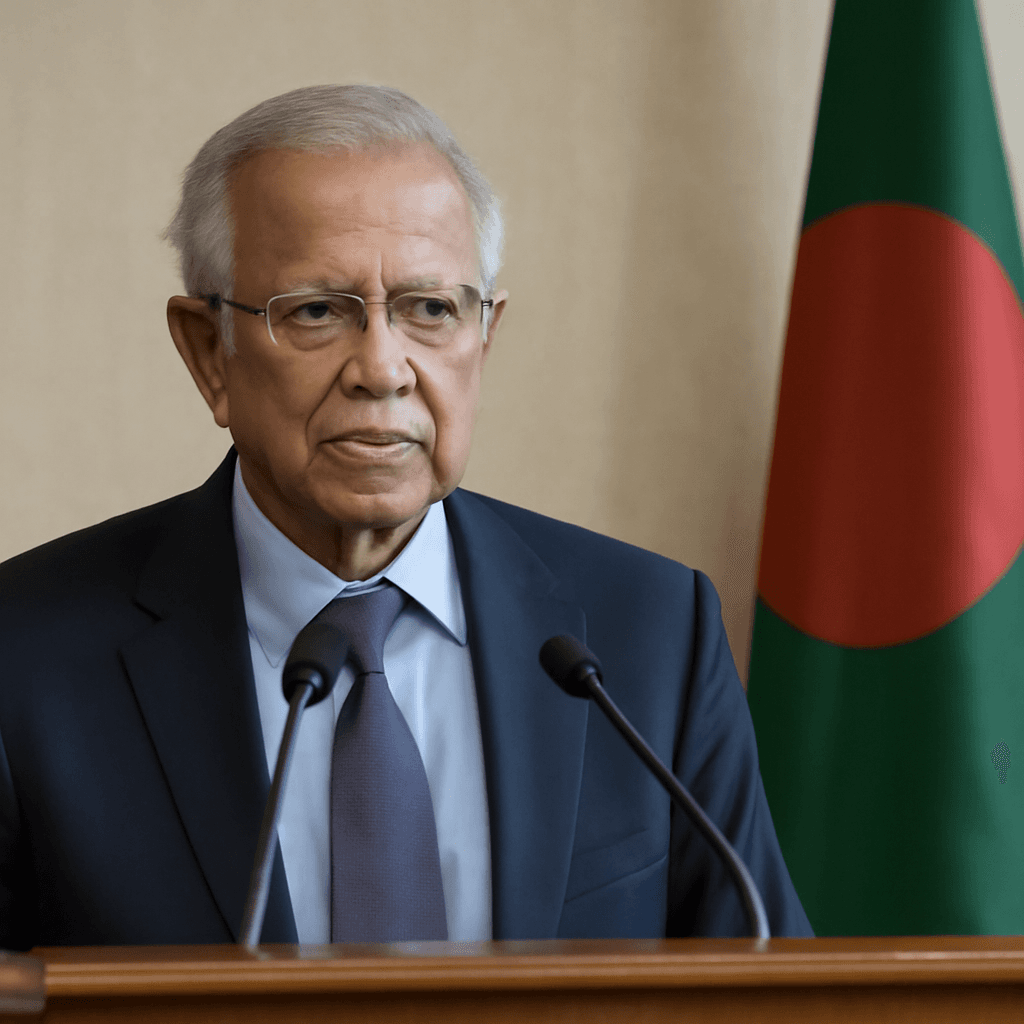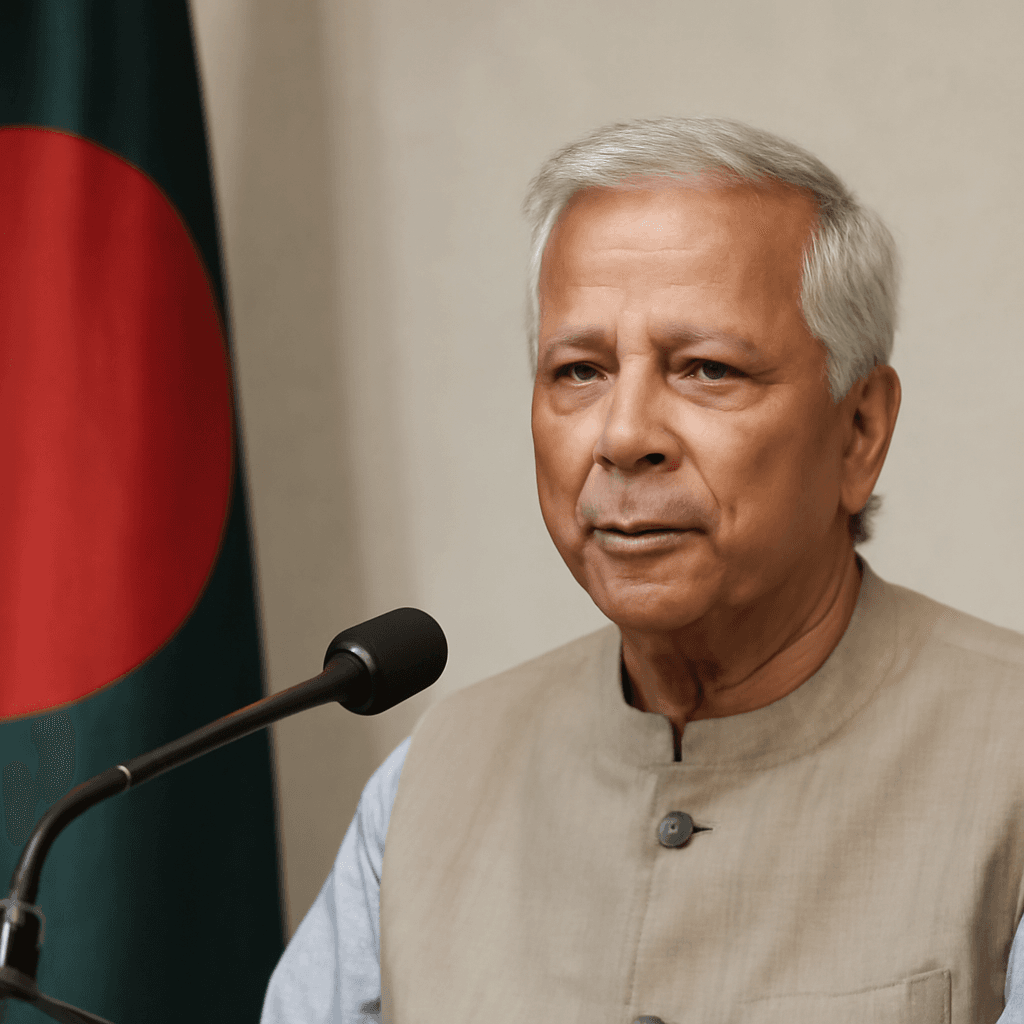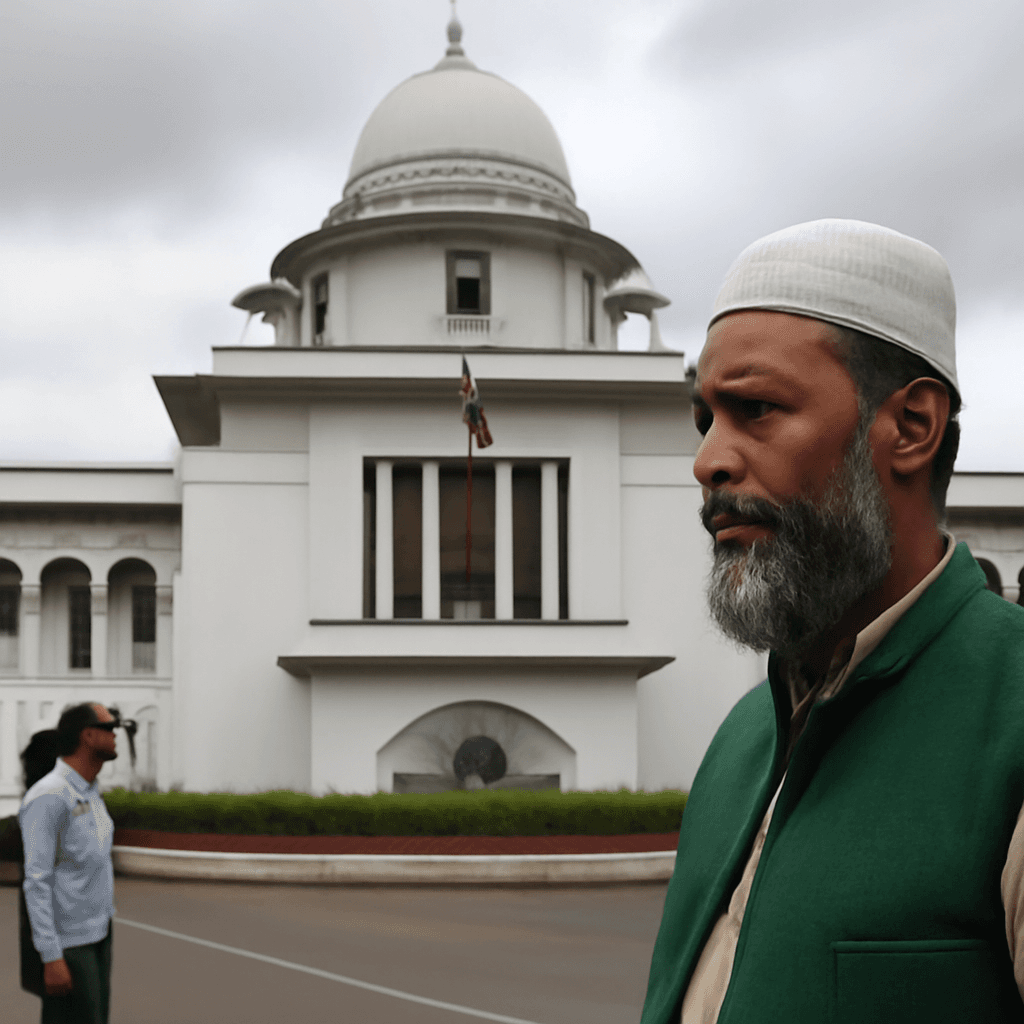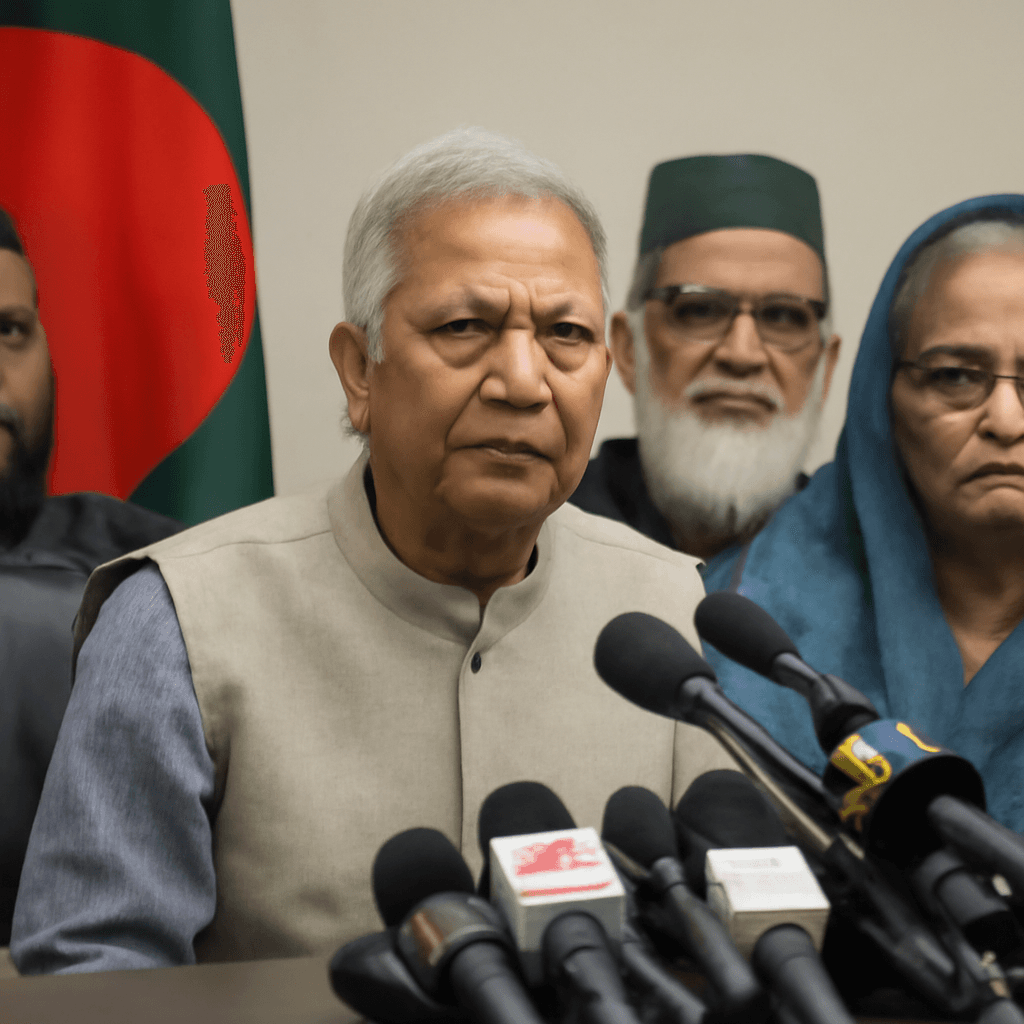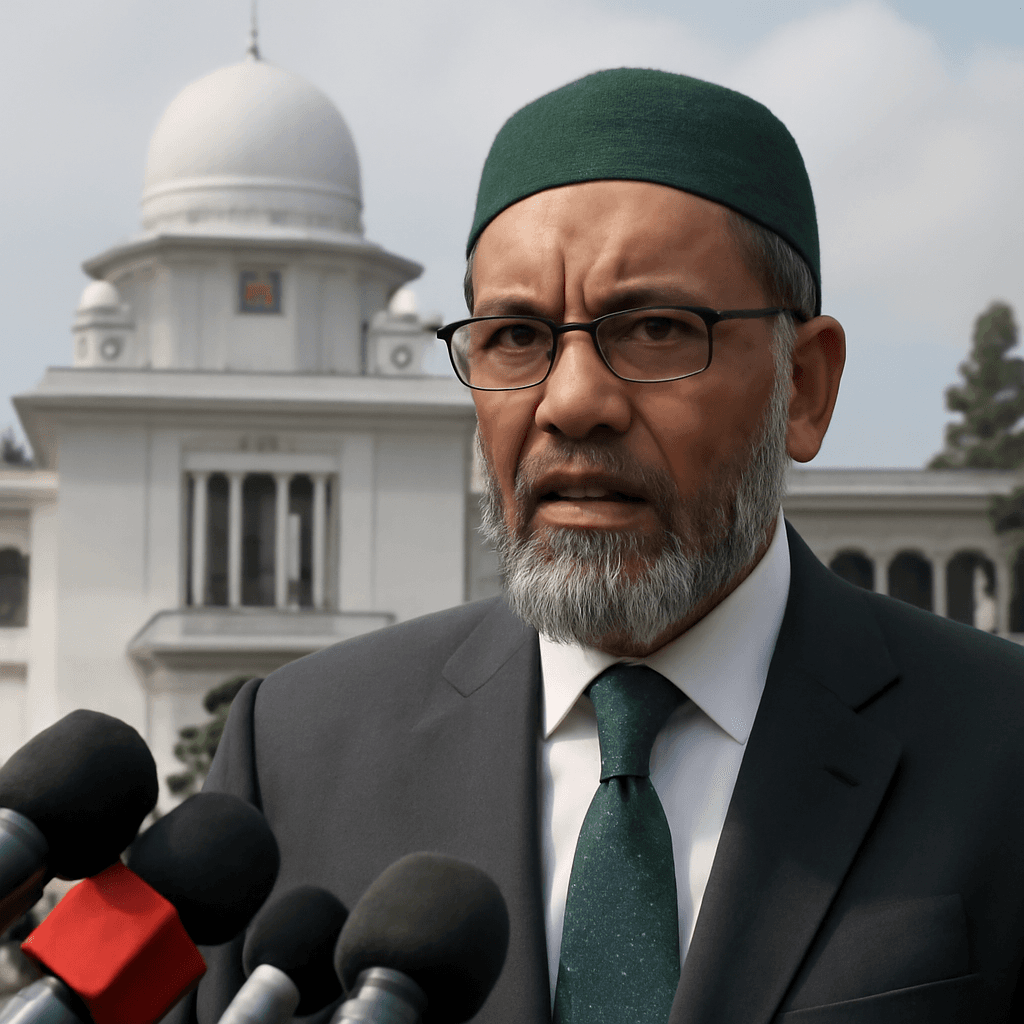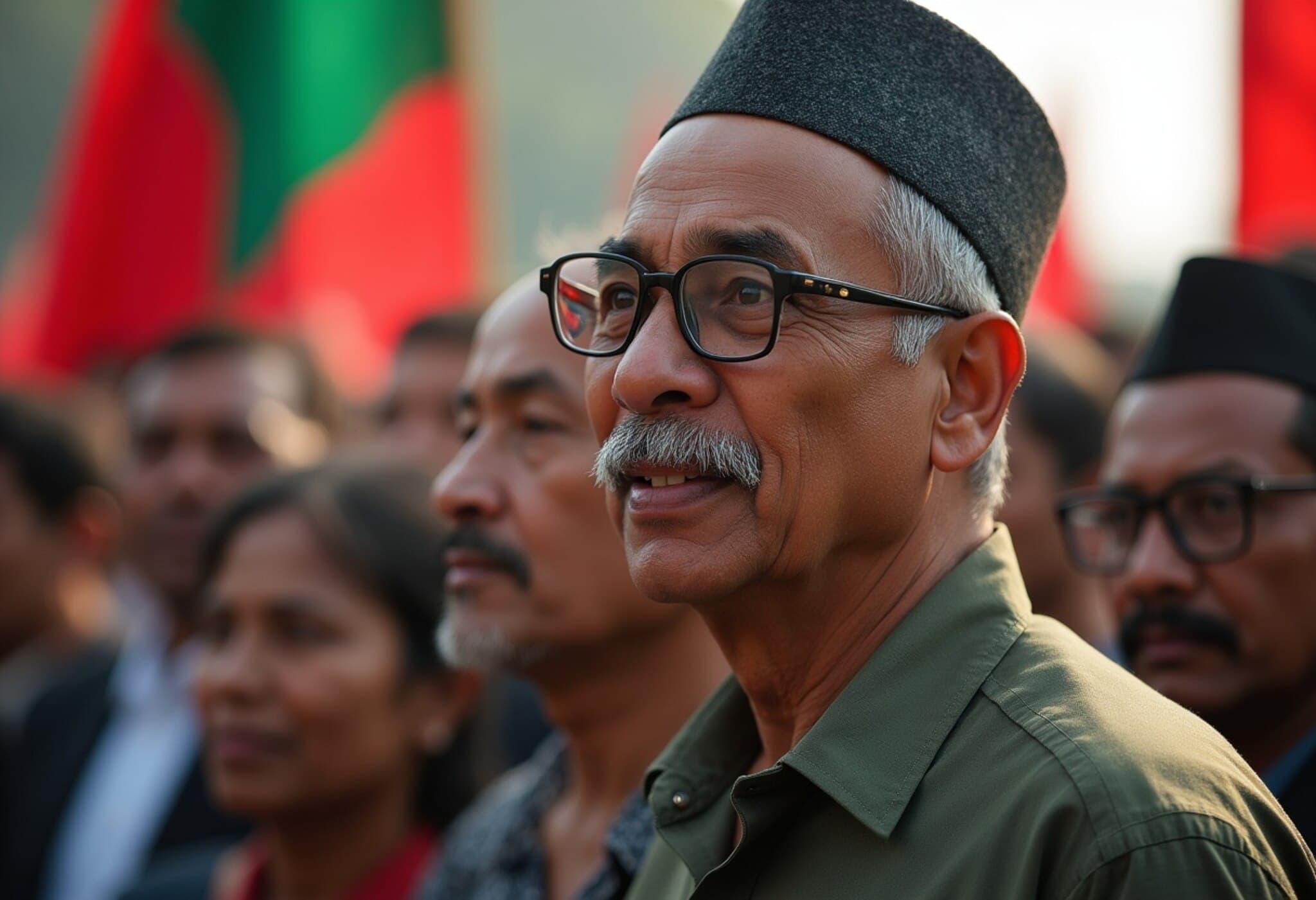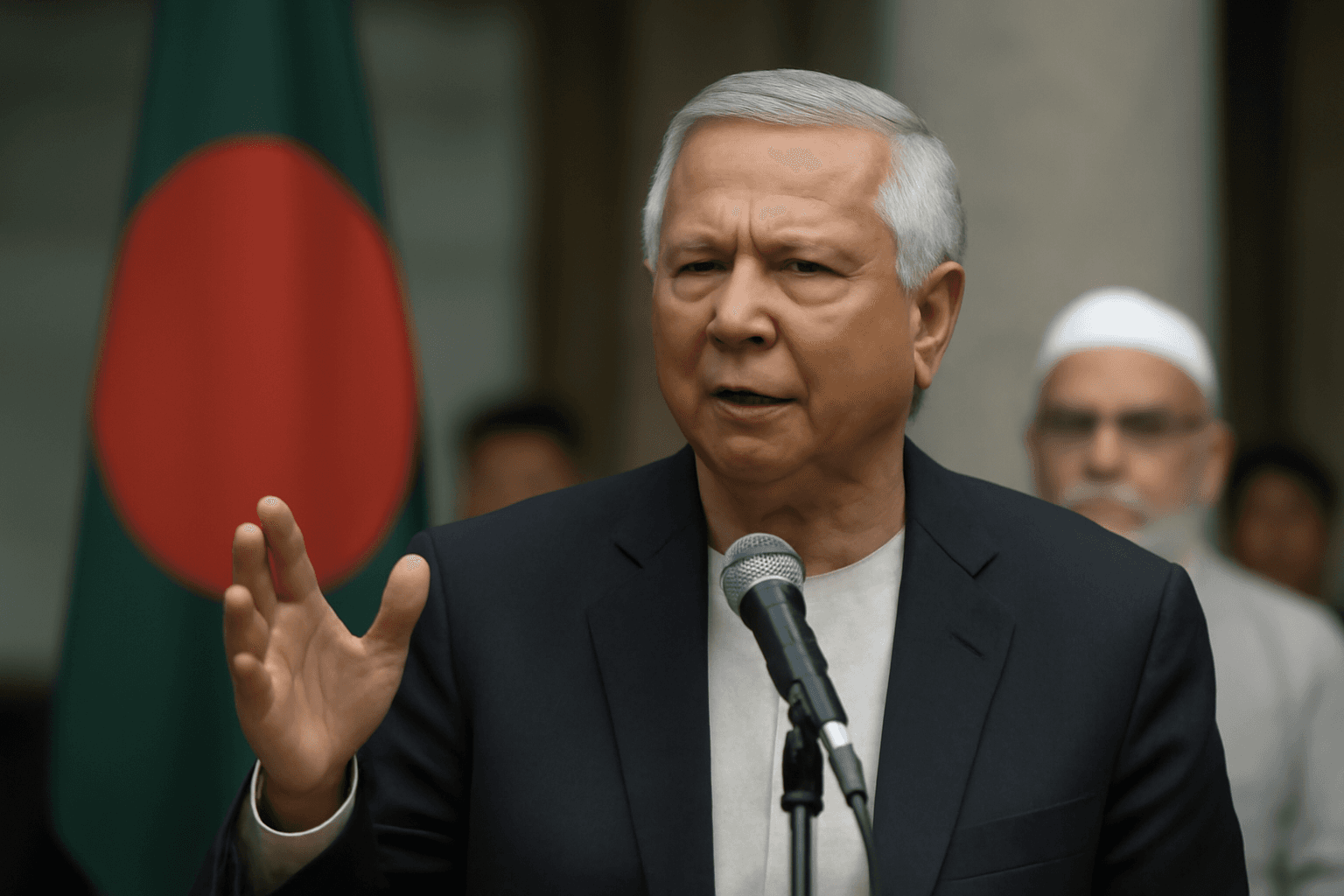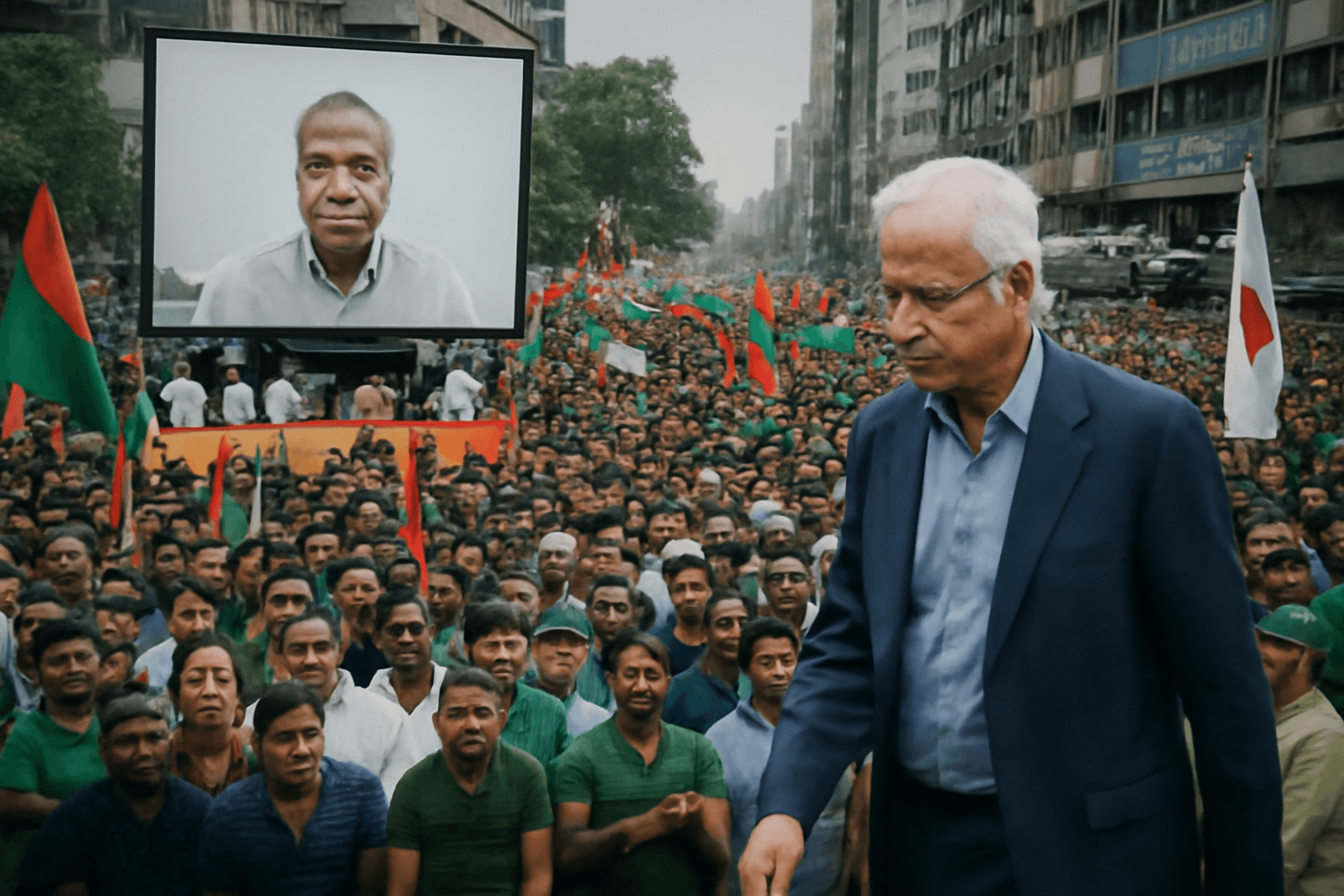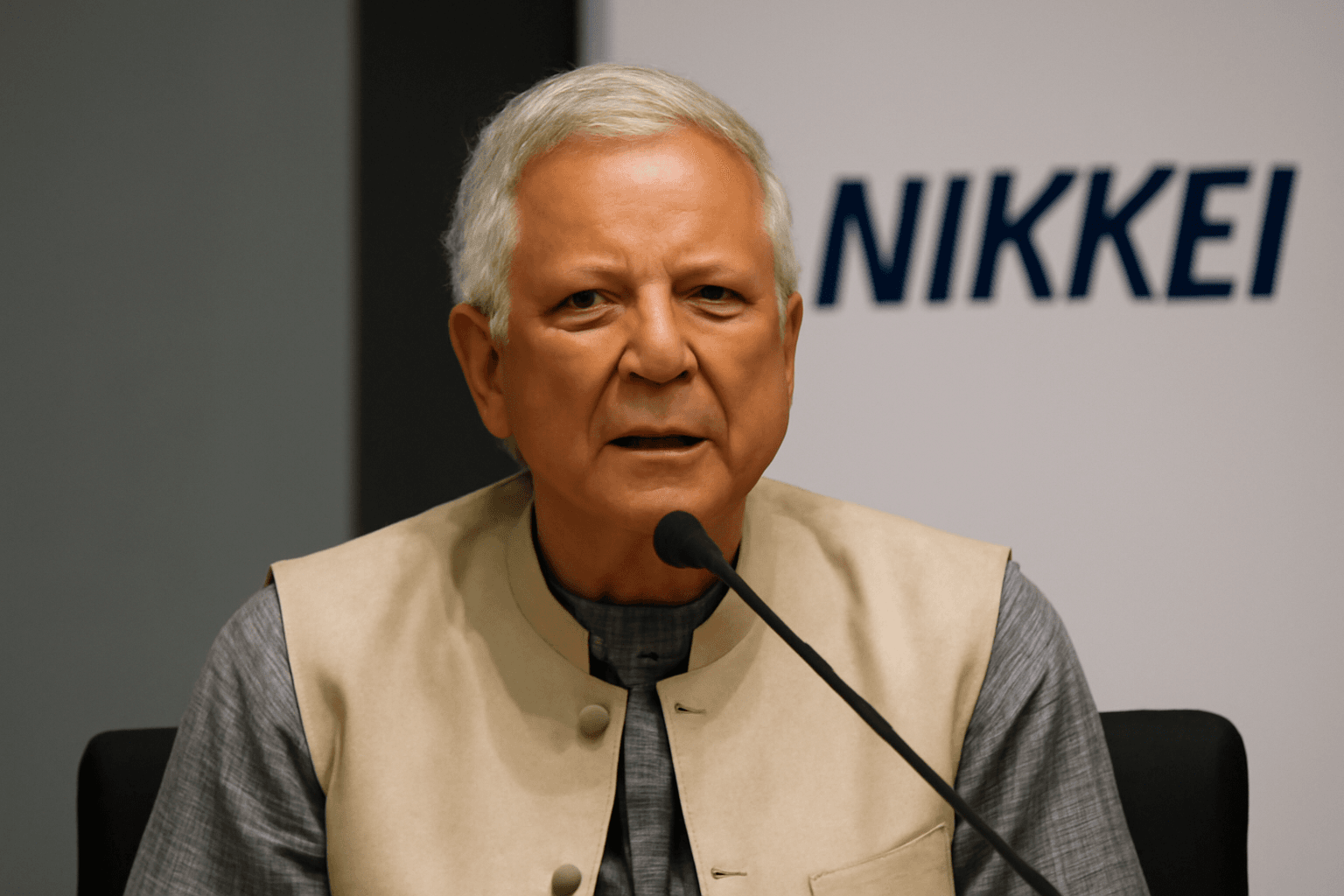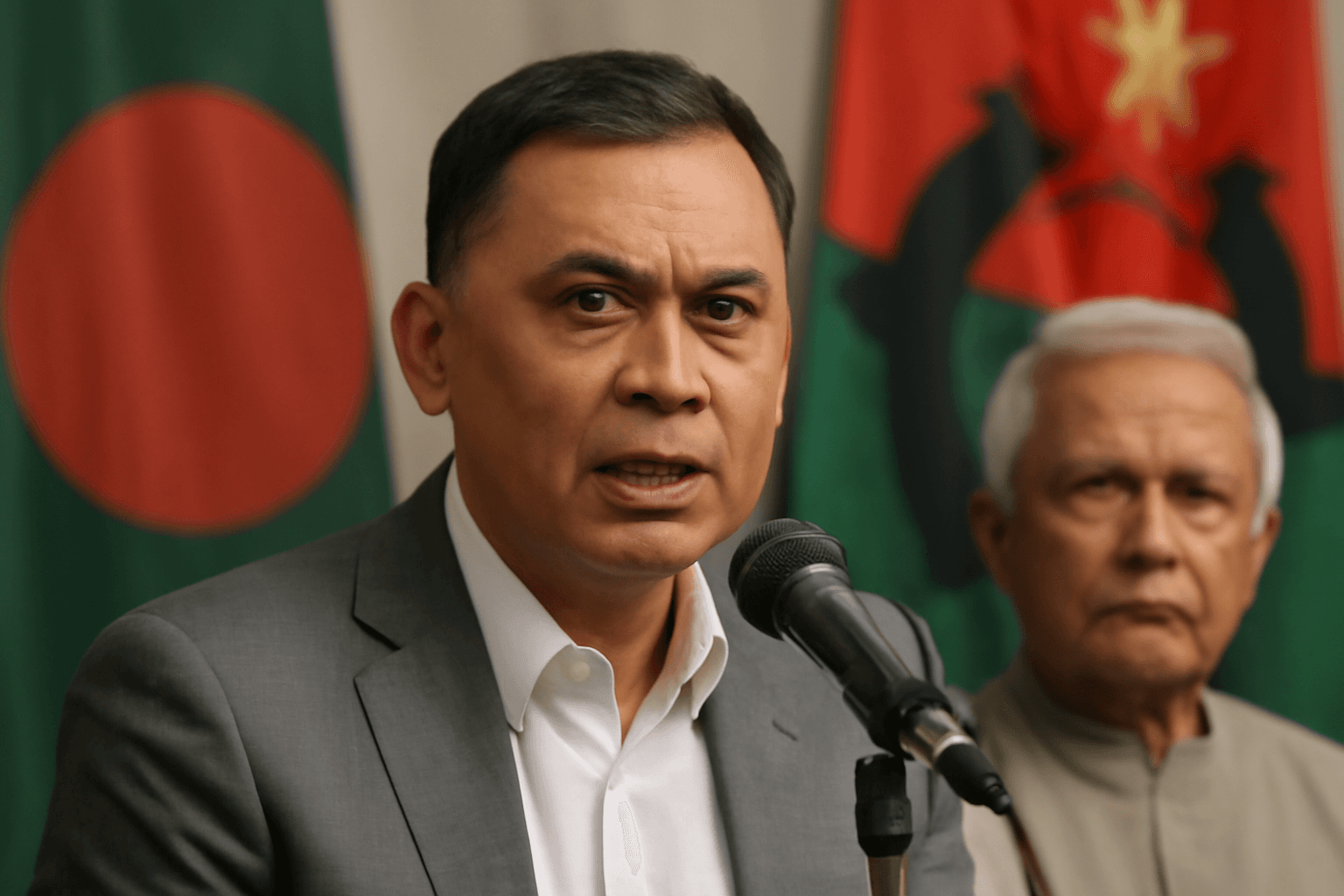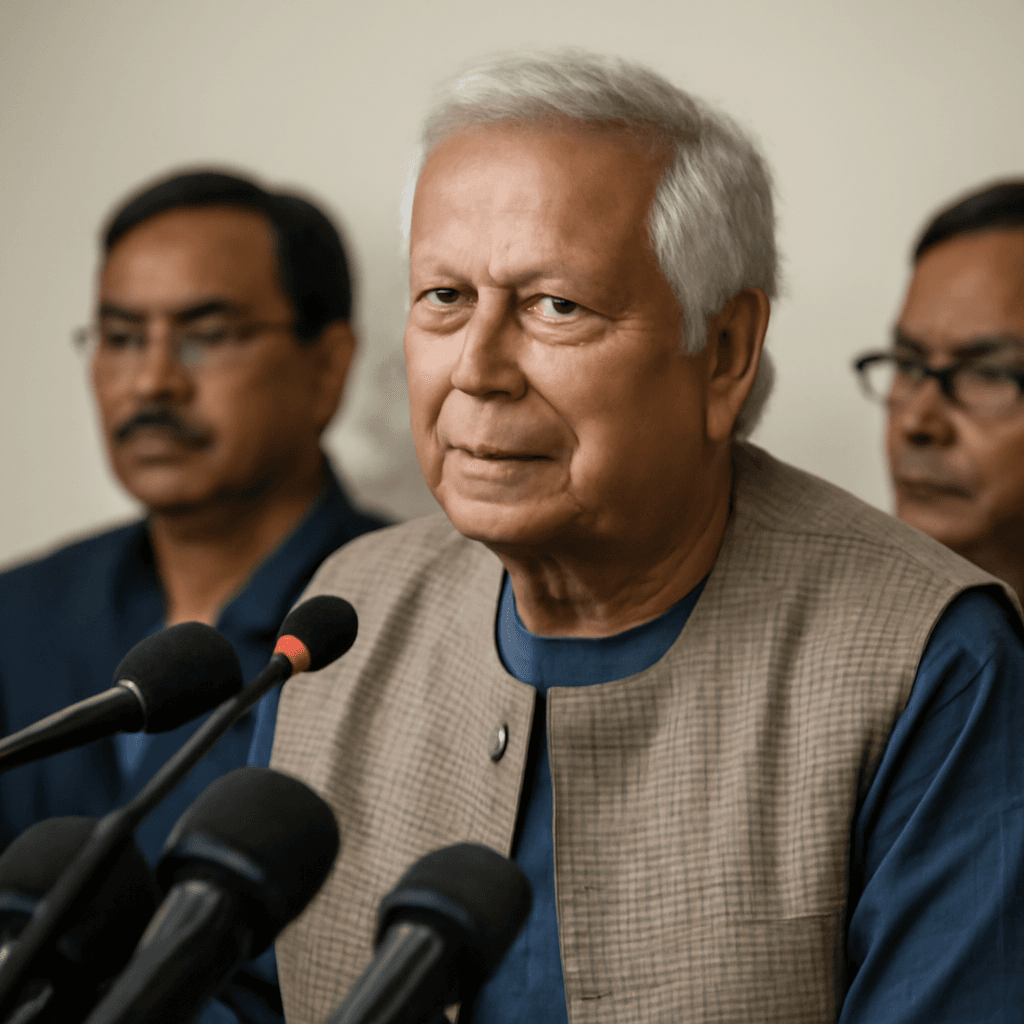Bangladesh Restores Jamaat-e-Islami's Political Registration
Dhaka, Bangladesh – In a landmark ruling, Bangladesh's Supreme Court has reinstated the registration of Jamaat-e-Islami, the country's largest Islamist party. This decision allows the party to participate formally in upcoming elections, reversing a ban that had been in place for over a decade.
Background of the Ban and Legal Developments
The political party had its registration canceled during a previous government administration, effectively barring it from electoral activities. The Supreme Court's recent order directs the Election Commission to recognize Jamaat-e-Islami's status as a registered political party in accordance with the law.
Lawyer Towhidul Islam representing the Election Commission confirmed, "The Election Commission is directed to deal with the registration of that party in accordance with law."
Significance for Bangladesh's Political Landscape
Shishir Monir, legal counsel for Jamaat-e-Islami, expressed optimism that the court's verdict would promote a more inclusive and democratic multi-party system in Bangladesh, a Muslim-majority nation with approximately 170 million people.
"We hope that Bangladeshis, regardless of ethnicity or religious background, will vote for Jamaat, fostering vibrant parliamentary debates," Monir stated.
Recent Related Judicial Decisions
This restoration follows a pivotal Supreme Court decision on May 27, which overturned a previous conviction against Jamaat-e-Islami leader ATM Azharul Islam. Islam had been sentenced to death in 2014 for crimes including rape, murder, and genocide linked to Bangladesh's 1971 war of independence from Pakistan.
Jamaat-e-Islami notably supported Pakistan during the 1971 conflict, a factor that has left a lasting impact on the country's political and social dynamics. The party was also historically opposed to Sheikh Mujibur Rahman, Bangladesh’s founding father and leader of the Awami League.
Political Context and Recent Developments
During the premiership of Sheikh Hasina, daughter of Sheikh Mujibur Rahman, Jamaat-e-Islami was banned and its leadership targeted under anti-corruption and war crimes initiatives.
In the interim period following Hasina's removal from office in August, the party has actively sought reevaluation of the 2013 court order banning its registration. Meanwhile, the interim government has reportedly suspended the Awami League amid ongoing trials related to its response to mass protests preceding Hasina's ouster.
Implications for Governance and Electoral Politics
- Restoration of registration enables Jamaat-e-Islami to contest elections and re-enter formal political discourse.
- The move may encourage more pluralistic and competitive politics in Bangladesh.
- It reflects the judiciary's willingness to revisit previous political bans amid shifting power dynamics.
The Supreme Court’s ruling underscores the evolving political landscape of Bangladesh and may significantly affect the composition and discourse within the nation’s parliament in the coming years.

